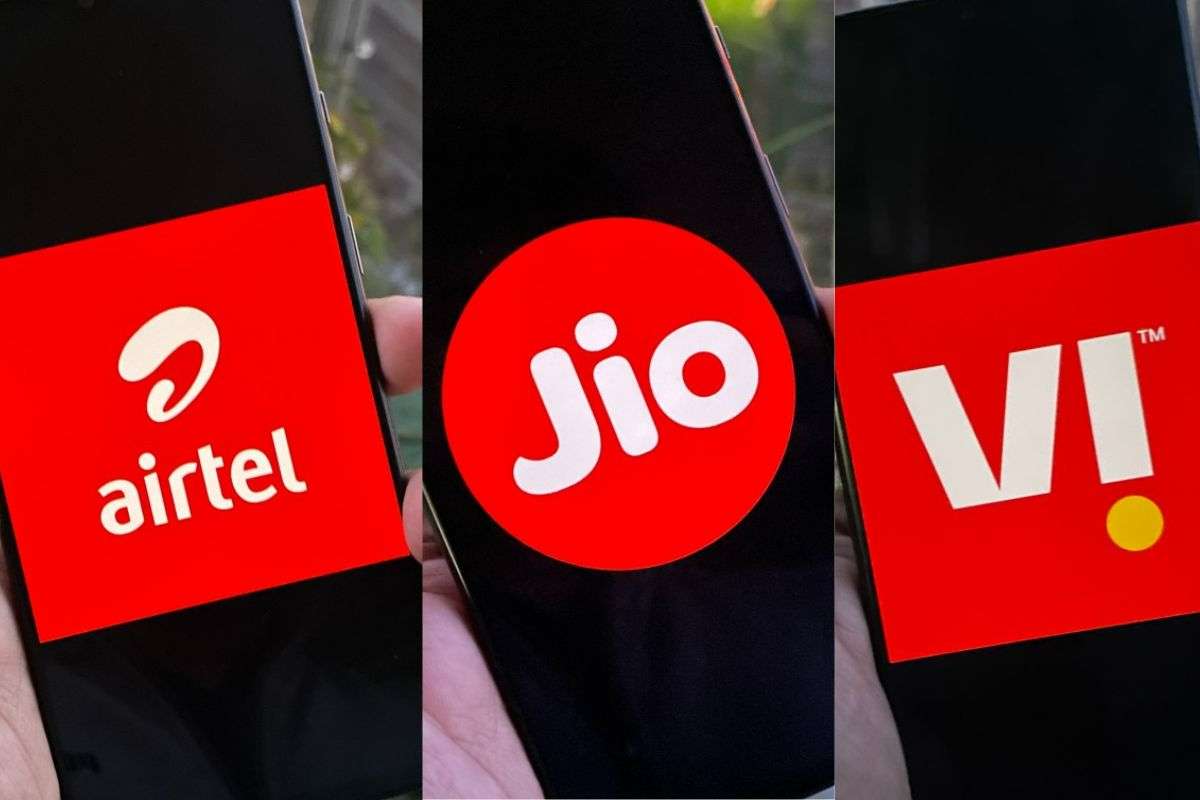
Reliance Jio, Bharti Airtel, and Vodafone Idea (Vi), the three private telecom operators in India have plenty of demands from the Indian government. Let's take all of these requests into account, and then you can ponder over whether these demands are fair or not. Interestingly, telcos feel like a lot of unfair things are happening in the market. There is an issue with OTT (over-the-top) players, an issue with the satcom (satellite communications) players, and then some. Let's tackle the big ones here.
What do the telecom operators really want?
Read More - Is Fixed Broadband the Next Big Opportunity for Telcos
Telcos Request for a Fair Treatment, But are Things Really Unfair?
The Indian telecom operators, on several instances, have pointed out that they must be shared a part of revenues that the OTT communication players are making. Why? The reason for the telcos is that the OTT players like WhatsApp, Telegram, and more are offering similar services (such as voice calling, texting, and video calling), and they are doing so on top of the infrastructure that the telcos have built.
Another thing that the telcos don't like is that the OTT players don't have to follow any licensing norms for offering similar services. To accomodate the rising traffic that the OTT player generate, the telcos have to invest and scale their networks. Thus, the telcos believe that they are entitled to receive a slice of the revenues that OTT companies make.
Read More - Can BSNL Make a Comeback Ever
OTT players on the other hand believe that telcos are already charging their customers for the network services, and thus, the point of revenue sharing is moot and even challenges the net neutrality rules. However, at the recently concluded India Mobile Congress (IMC), a Meta official said that the topic of revenue share is worth considering and talking about if the telcos promise not to discriminate the reach of the OTT players.
The Whole Satcom Scenario
Then there's the satcom scenario. The government is considering offering spectrum to satcom players such as Starlink in administrative manner. However, telcos feel that it's unfair and discriminatory. Telcos want that even if the government decides to go with the administrative mode of allocation for spectrum to satcom companies, it should be given at a market determined rate. This is because satcom players will offer competitive/similar services to customers.
A decision on this matter is expected to come in the near future. The sector regulator will give its recommendations on the matter to the Department of Telecommunications (DoT) and then the final call will be taken.















